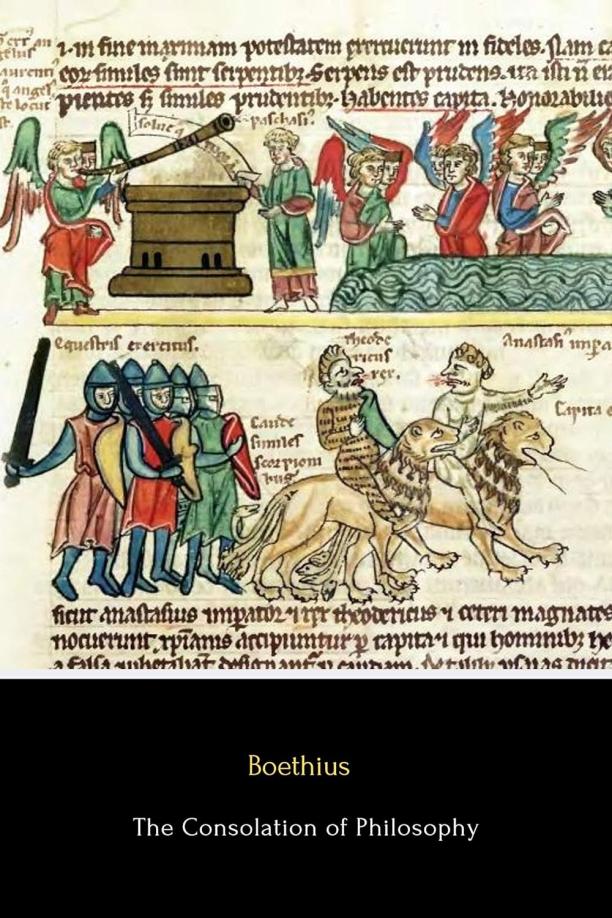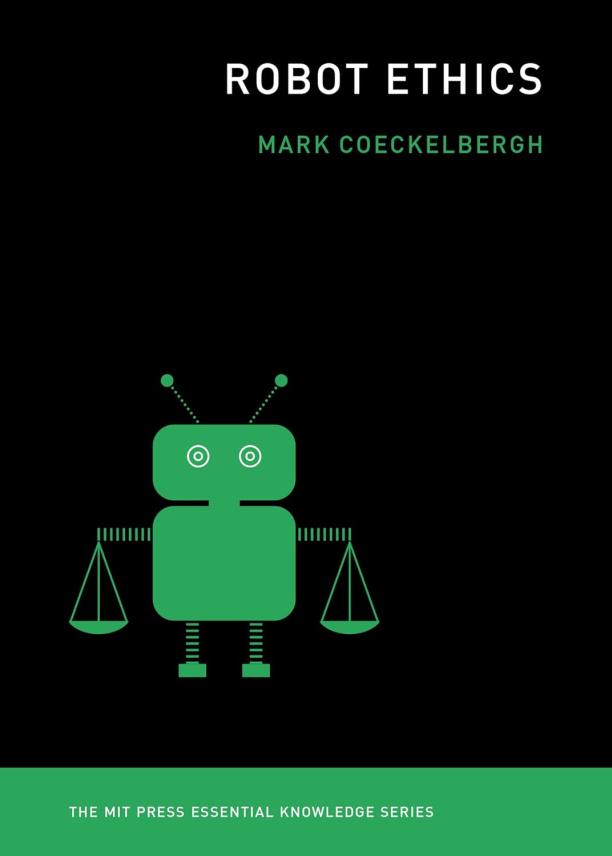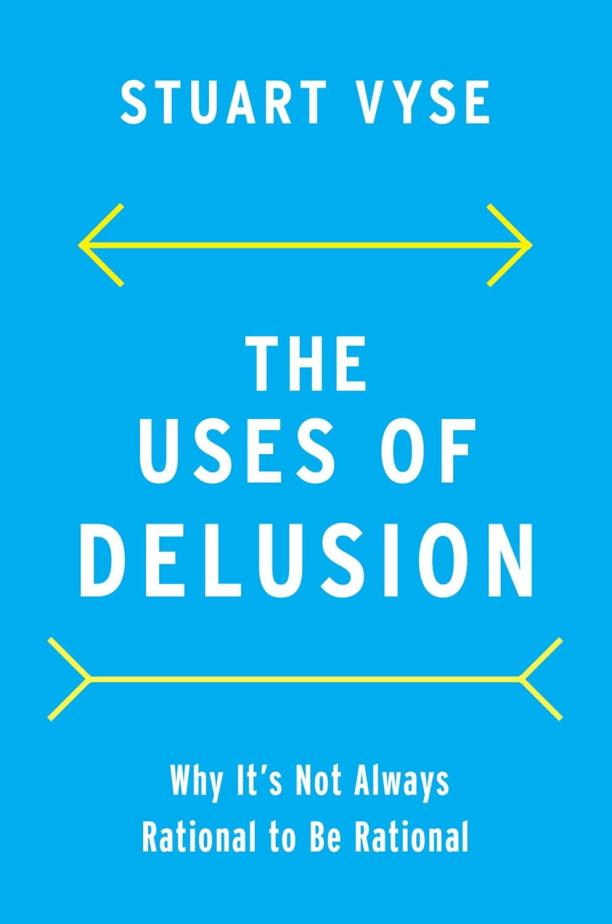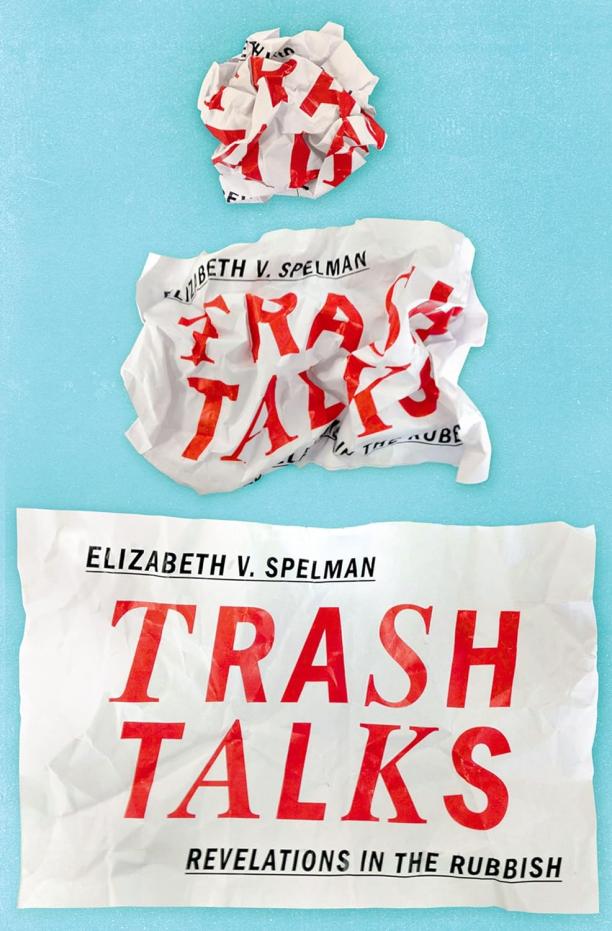Summaries of books about Philosophy:

Manufacturing Morals
The Values of Silence in Business School Education
Michel Anteby
The book examines the moral training provided within business schools, focusing on how educators instill values through a culture of silence and non-interference. It explores the implications of this pedagogical approach for the ethical behavior of future business leaders and the broader corporate environment.
See full summary

The Consolation of Philosophy (Annotated)
Boethius
The book is a philosophical dialogue between the author, imprisoned and awaiting execution, and Lady Philosophy, who offers him comfort and wisdom. It explores themes such as the nature of happiness, the problem of evil, and the fickleness of fortune, blending classical philosophy with Christian theology.
See full summary

Alchemies of the Mind
Rationality and the Emotions
Jon Elster
The book critically examines the relationship between emotions and rationality, exploring how emotions can both interfere with and contribute to rational decision-making. It delves into the mechanisms of emotional states, their impact on personal and social behavior, and the ways in which they can be shaped by, and in turn shape, rational processes.
See full summary

Robot Ethics
Mark Coeckelbergh
The book explores the ethical implications of robotics and artificial intelligence, examining how these technologies impact human relationships, society, and our moral frameworks. It discusses the responsibilities of those who design and use robots, and the need for ethical guidelines and policies in an increasingly automated world.
See full summary

The Uses of Delusion
Why It's Not Always Rational to Be Rational
Stuart Vyse
The book explores the psychological mechanisms and social functions of delusion, arguing that some irrational beliefs can have adaptive benefits, such as enhancing creativity or providing comfort in uncertain times. It delves into the balance between rationality and irrationality, examining when and why embracing less-than-rational thinking might contribute positively to individual well-being and societal cohesion.
See full summary

Trash Talks
Revelations in the Rubbish
Elizabeth V. Spelman
The book explores the cultural and philosophical implications of trash, examining how societies deal with waste and what it reveals about their values and practices. It delves into the significance of garbage in human lives, from personal identity to broader social and environmental concerns.
See full summary

Leviathan
Thomas Hobbes
The book presents a foundational work in political philosophy, arguing for the necessity of a strong central authority to avoid the chaos and violence of a state of nature. It outlines Hobbes's views on human nature, the social contract, and the structure of a legitimate sovereign power to ensure peace and social order.
See full summary

On the Shortness of Life
Adapted for the Contemporary Reader
Lucius Seneca
The book is a modern adaptation of Seneca's classic essay, which explores the nature of time and how individuals often waste it on trivial pursuits instead of focusing on meaningful activities. It offers philosophical insights on how to live a fulfilling life by prioritizing what's truly important and making the most of the time one has.
See full summary

Frankenstein
A Case Study in Contemporary Criticism
Mary Shelley|Johanna M. Smith
This book presents Mary Shelley's original 1818 text of "Frankenstein" along with a collection of critical essays that offer various perspectives on the novel, including feminist, psychoanalytic, Marxist, cultural, and post-colonial analyses. It provides readers with a deeper understanding of the text through contemporary critical lenses, enhancing the exploration of its themes, characters, and historical context.
See full summary